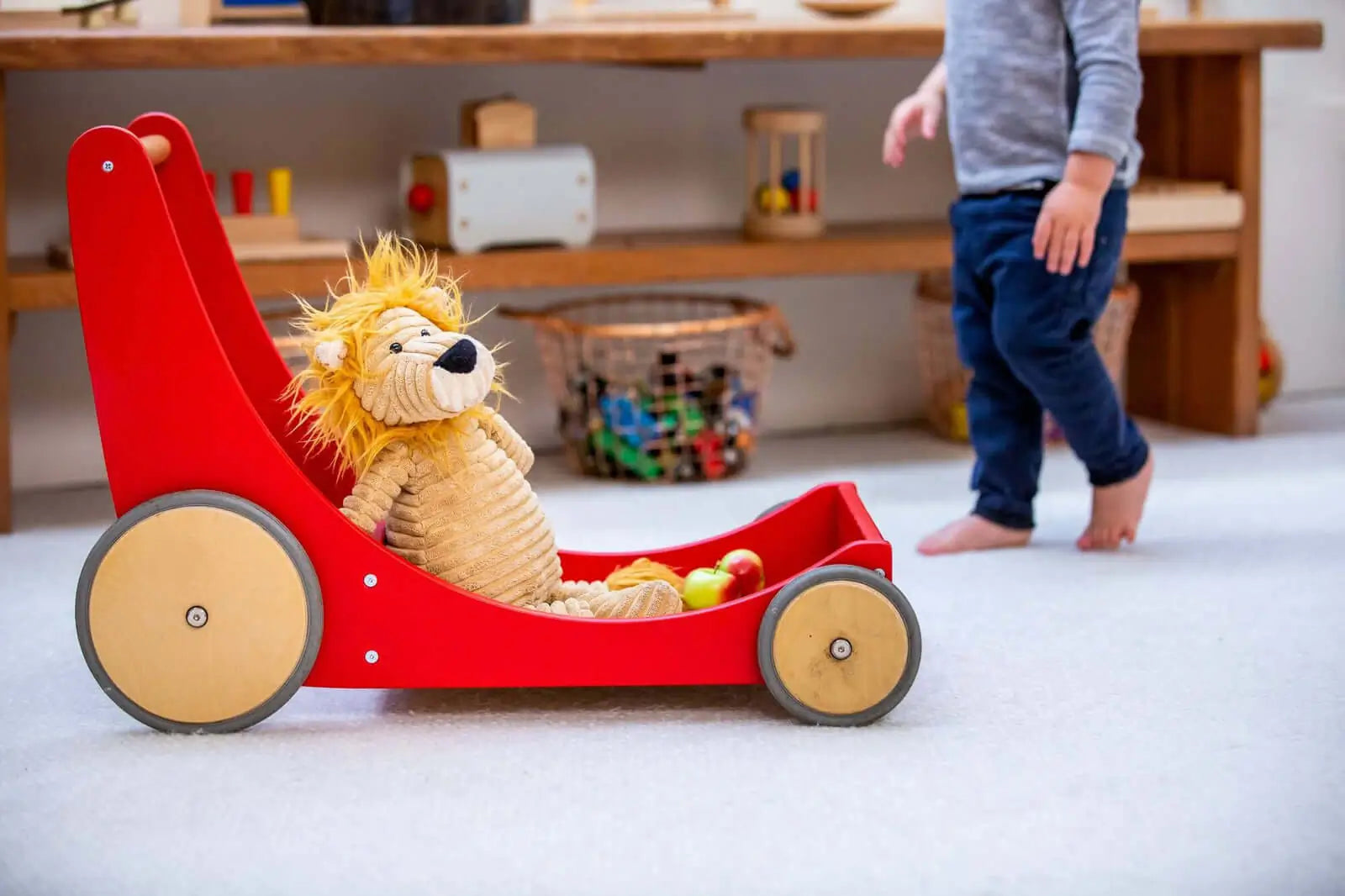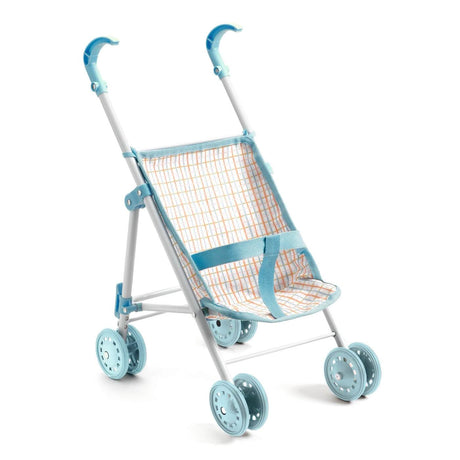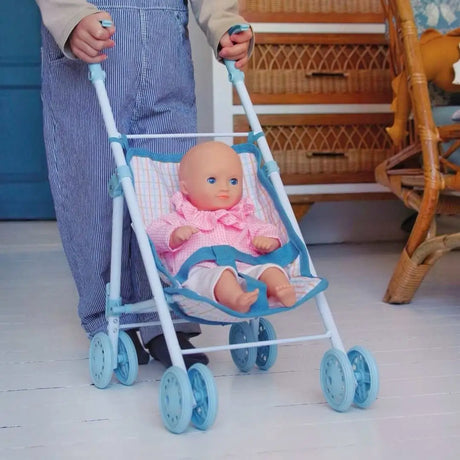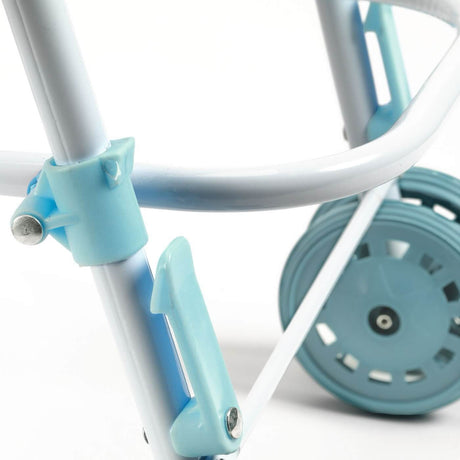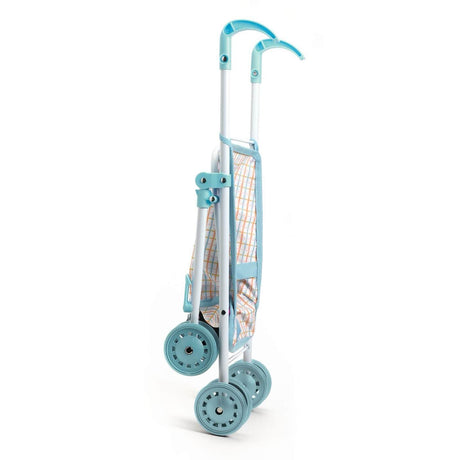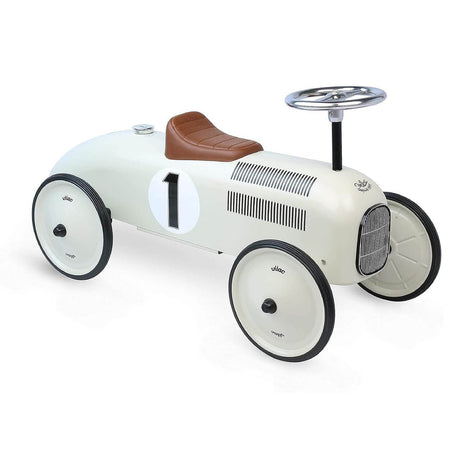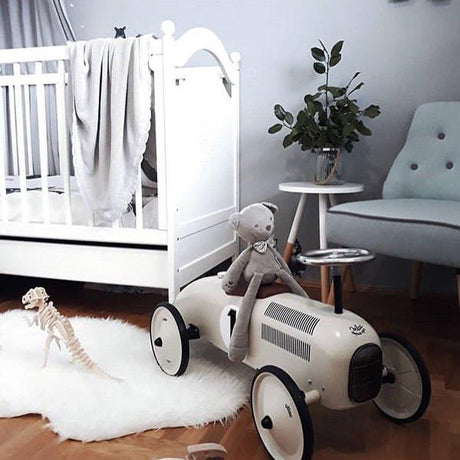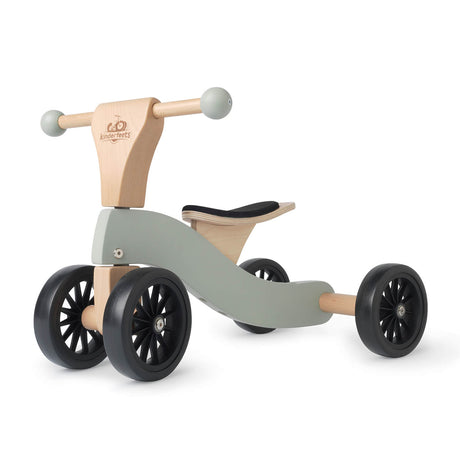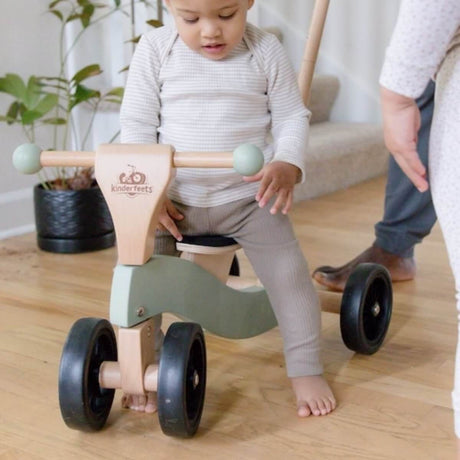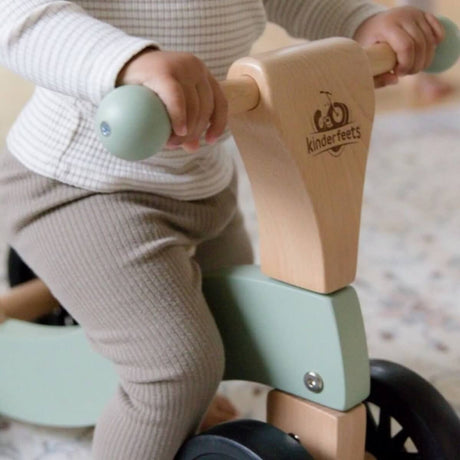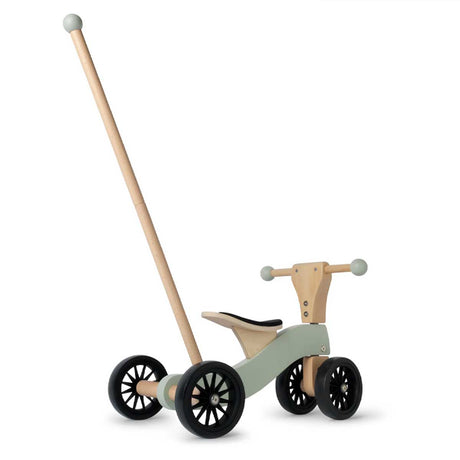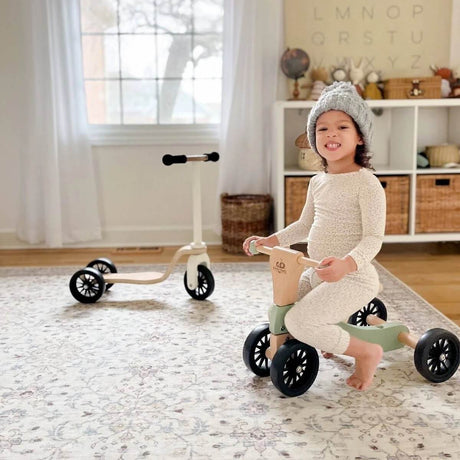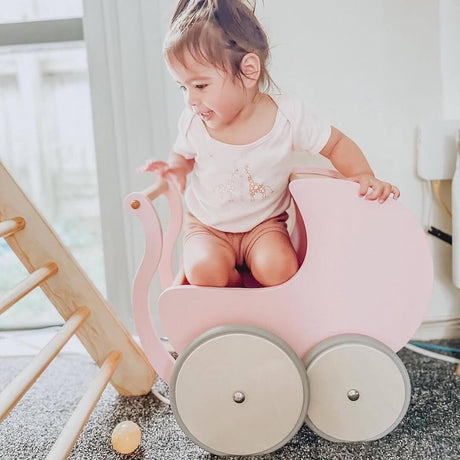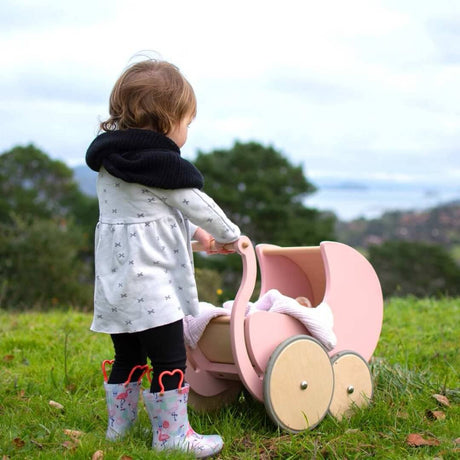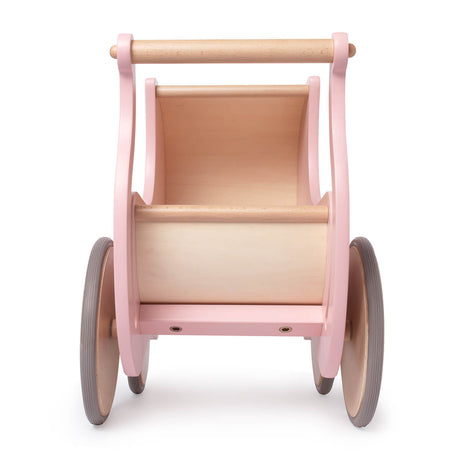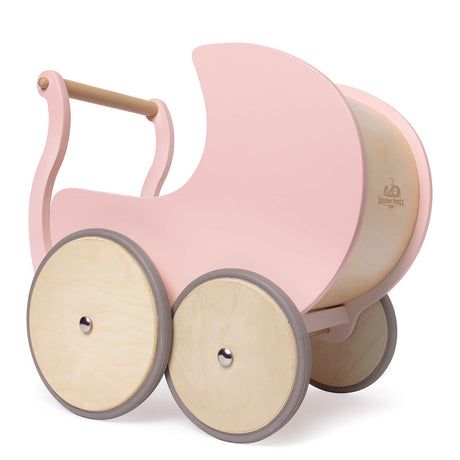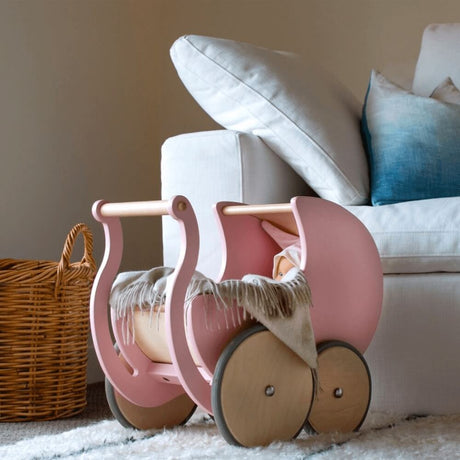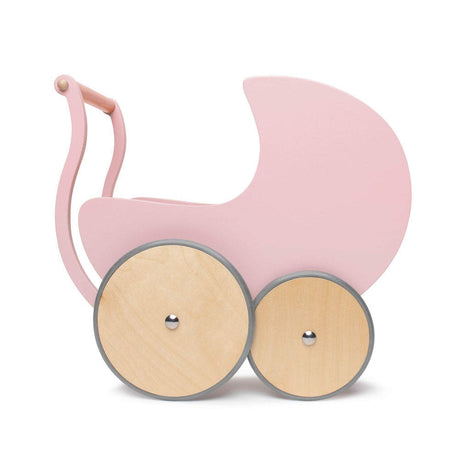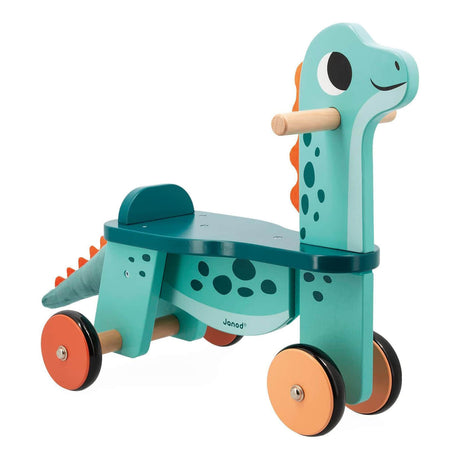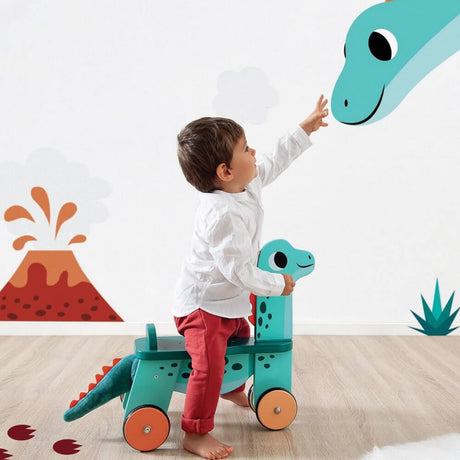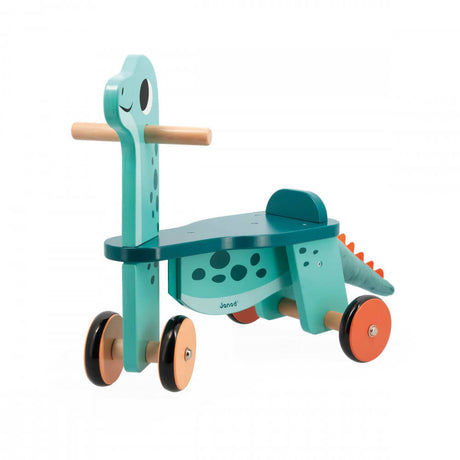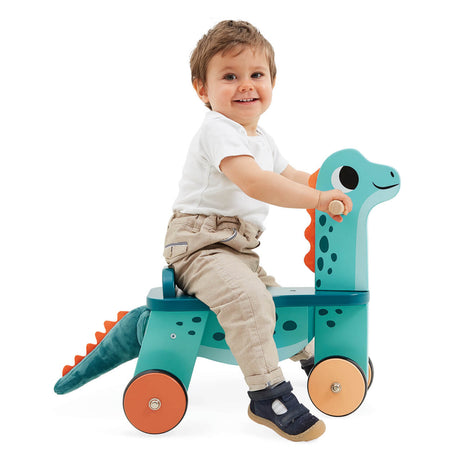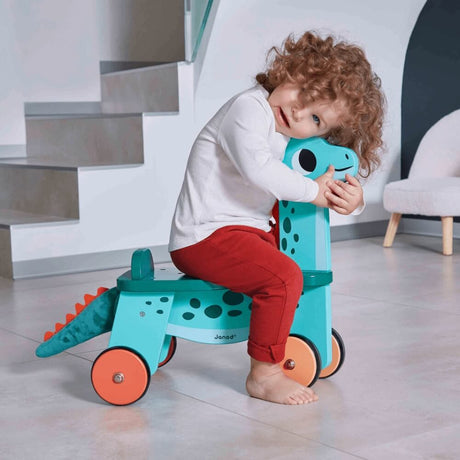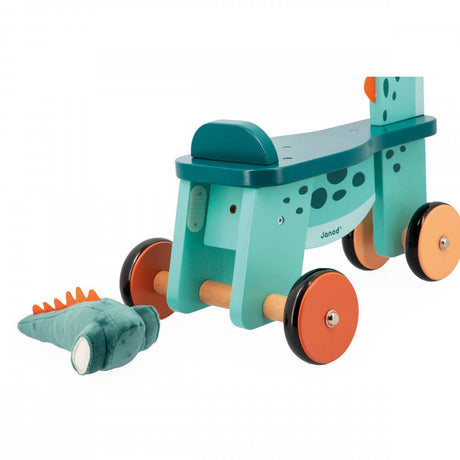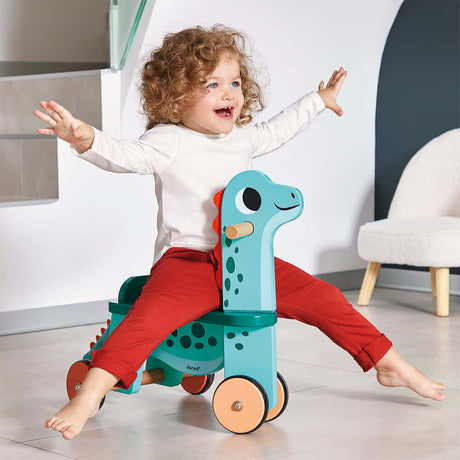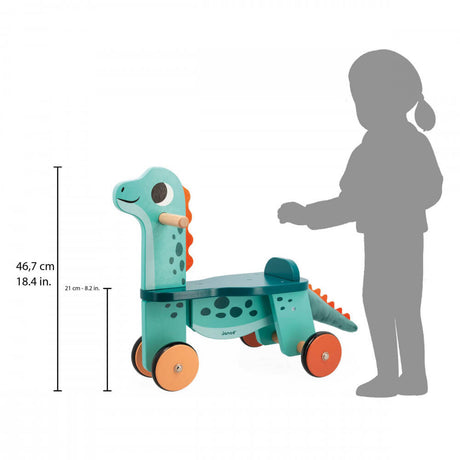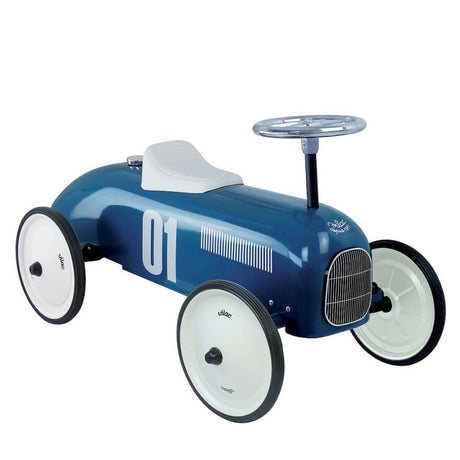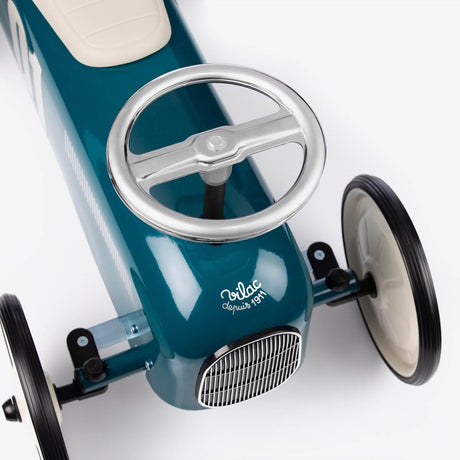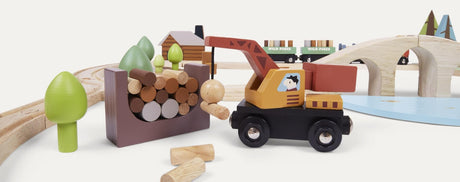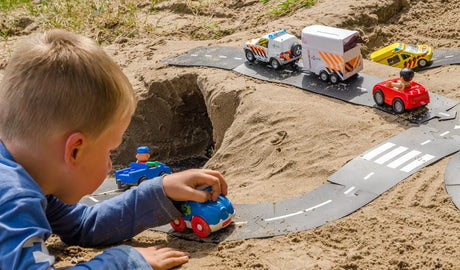Baby's first steps are one of the most important stages in your little one's life: learning to walk is a giant step towards independence. From its first wavering movements to its first strides and leaps: let's take stock with you!
At what age will baby take his first steps?
During the first year after birth, your little one gradually becomes aware of his motor functions and learns to coordinate his movements. He starts rolling over at 4 months, then sitting or crawling at 8 months.
It is finally around the age of 9 months that he will start to grab onto furniture and pull himself up on his still unsteady legs. Then very quickly, baby will start to take 2 to 3 steps, his first steps in a row, not without pride.
It is finally around his 12 months that he will feel confident enough to walk with confidence: an unforgettable moment that you will not fail to capture!
Helping baby learn to walk
From the age of 5 months, you can help your little one to support himself on his feet so that he can make small jumps. Don't hesitate to install safety barriers: this way, baby will be able to move around the house freely and in complete safety. He will thus be able to strengthen his muscles in order to take his first steps.
As soon as your little one seems to want to try to walk, offer him your help, or equip him with push toys !
Furthermore, remember to secure the environment in which your little one lives. Indeed, at the start, there are very many falls.
Another little tip: know that experts believe that walking barefoot gives toddlers more stability, and allows them to acquire the right movement.
Going for a walk with baby
Your little one should gradually pick up his or her own pace: at 1.5 years old, encourage short outdoor walks of around twenty minutes. To do this, choose good lace-up shoes that will support your feet and ankles well.
However, as soon as your little one shows signs of fatigue: don't insist ! This is why we recommend that you always take your stroller for a walk, so that your child can recharge his batteries after this effort.
What if the walk is slow to come?
Some children don't walk until they are 18-20 months old! While we understand your frustration, it is important to be patient. In fact, it is not necessarily a developmental delay: it is simply that your baby is not yet ready.
What is important is that his technique progresses. Also, remember that premature babies take longer than others to reach major developmental milestones.
However, after 20 months, consult your pediatrician who will check that your child does not suffer from anamolia. In this case, he will prescribe a few physiotherapy sessions.

